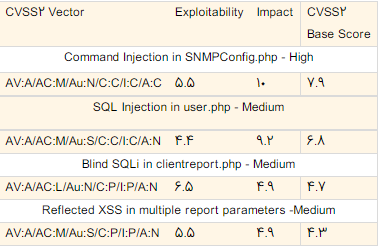Android malware worms its way into devices via texts
Number: IRCNE2014062231
Date: 2014-06-30
According to “itpro”, Android devices are being targetted by a strain of malware spreading through text messages.
Dubbed Selfmite, it was detected by IT security researcher Denis Maslennikov. The worm is able to propagate via SMS. Potential victims receive the following SMS message containing a URL pointing to the Selfmite worm: Dear [NAME], Look the Self-time, http://goo.gl/******.
On clicking the link, the user is redirected to another link where they are then prompted to download and install an APK file called "The Self-timer" which then appears on a user's device.
If the victim launches it, the malware immediately reads the device’s contact book, looking for 20 contacts to send the same message to automatically.
IT security firm AdaptiveMobile has already detected infected devices on operator networks in North America, where the worm was first discovered.
The firm has contacted Google and the malicious URL has now been put out of action.


